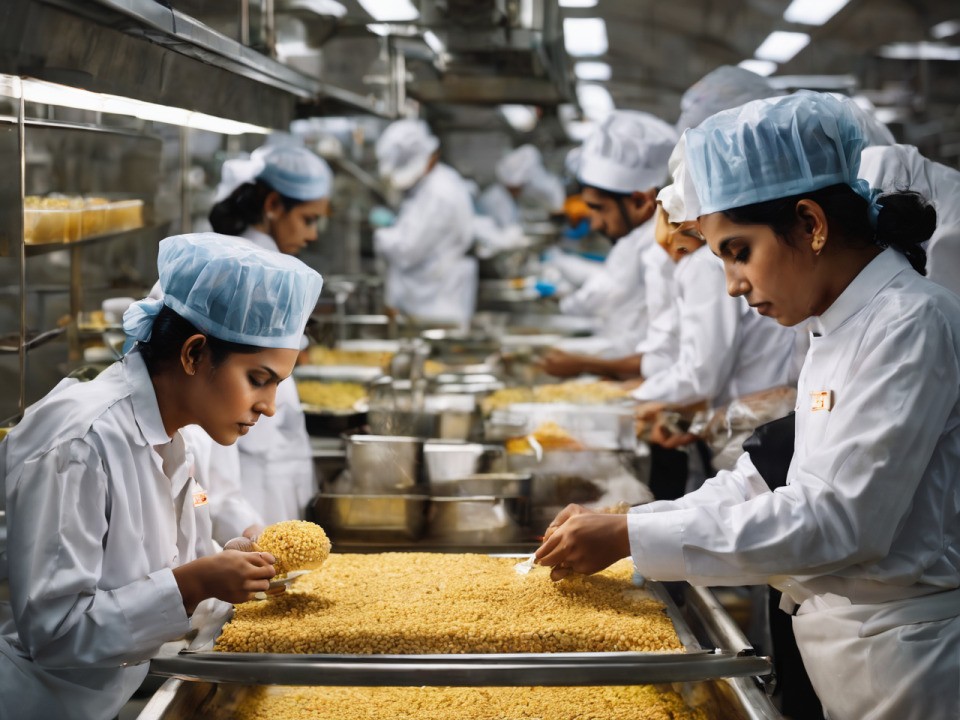In an era where the food industry’s global reach extends to every corner of the world, ensuring the safety and nutritional integrity of food products becomes paramount. Recent controversies surrounding the composition of baby food and the adulteration of masalas underscore the urgent need for robust regulatory measures, particularly in countries like India.
As consumers become increasingly conscious of what they eat, they demand transparency and accountability from food manufacturers. However, concerns arise when multinational corporations appear to adopt different standards for different markets, raising questions about the adequacy of regulatory oversight.
In today’s interconnected world, where food products traverse borders effortlessly, the responsibility of ensuring their safety lies with regulatory agencies. Recent revelations regarding discrepancies in the nutrient composition of baby food marketed by multinational giant Nestlé in different regions, including India, highlight the urgent need for stringent regulatory measures.
The disparity in sugar content between products marketed in Europe and those sold in developing countries like India raises serious concerns about the industry’s commitment to public health. While Western European markets benefit from stricter regulations and vigilant monitoring, consumers in other regions may not enjoy the same level of protection.


Furthermore, reports of adulterated masalas from Indian manufacturers being banned in international markets signal a broader issue of quality control and enforcement within the domestic food industry. In a country known for its rich culinary heritage, ensuring the authenticity and safety of traditional spices is essential for both public health and consumer confidence.
To address these challenges effectively, national regulatory agencies must prioritize the formulation and enforcement of comprehensive standards for food safety and labeling. Investing in robust testing infrastructure and enhancing collaboration with international counterparts can help ensure that all food products meet stringent quality benchmarks.
As consumers, we have the right to know what goes into the products we consume and trust that they are safe for ourselves and our families. By holding the food industry accountable and advocating for stronger regulatory oversight, we can safeguard our health and well-being for generations to come.
#FoodSafety #RegulatoryOversight #PublicHealth #ConsumerAwareness #NutritionalIntegrity #QualityControl #GlobalStandards


